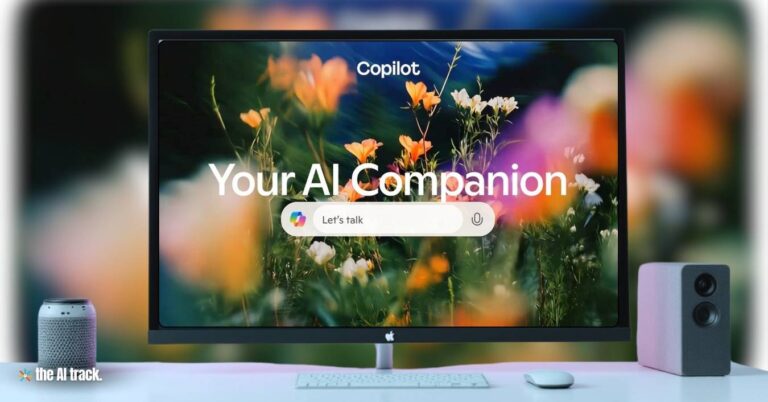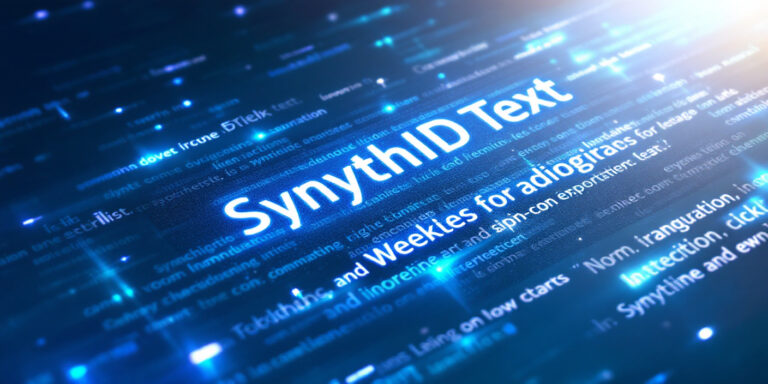Microsoft has significantly upgraded its AI assistant, Copilot, transforming it into a highly personalized digital companion. It now includes memory retention, proactive contextual responses, web-based actions, mobile visual understanding, and deep research tools—positioning it as a deeply integrated AI presence tailored to each user, rivaling leading alternatives like ChatGPT, Claude, and Gemini.

Microsoft Enhances Copilot with New Features – Key Points
Memory Functionality:
Copilot now remembers user-specific data such as names, preferences, past conversations, and even personal details like project names or a pet’s name. This enables more personalized, context-aware responses and suggestions. Users have full control over what the model remembers and can opt out entirely. This memory evolves with the user, enabling dynamic long-term support.
Personalization Options:
Every Copilot can be uniquely styled to reflect the user’s personality and habits. The assistant’s appearance, tone, and functions can be customized—down to nostalgic features like the return of Clippy. Microsoft emphasizes that “each will have its own unique style and blend of attributes.”
Web-Based Actions:
The new “Actions” feature enables it to navigate the web, execute tasks, and automate actions like booking events, making purchases, or reserving tables. It integrates Microsoft’s shopping tools to help users find the best products and deals. This capability is similar to OpenAI’s Operator and Amazon’s Nova Act.
Copilot Vision on Windows and Mobile:
Originally launched in late 2024 for the web, Copilot Vision is now available on Windows, iOS, and Android. It can interpret visual content from the desktop screen or a mobile camera, enabling real-time interaction with on-screen files or physical-world visuals like documents or products.
Deep Research and Podcast Capabilities:
Copilot can act as a research assistant, digesting and synthesizing large volumes of content into structured summaries. It can also turn this content into podcast-style audio. The feature integrates with Bing for AI-driven search and is useful for both professional research and casual learning.
Dynamic Interaction and Human-Like Behavior:
According to Microsoft, it is not just a tool but a “new kind of relationship with technology.” It is designed to be engaging and adaptive—with custom answer cards, a natural conversational flow, and emotional awareness, able to respond when users simply want to chat or decompress.
User Control and Transparency:
Despite the deeper integration, Microsoft reinforces its foundational promise: users remain in control. The model operates with permission-based memory and transparent boundaries, ensuring privacy and customizability.
Why This Matters:
These enhancements reflect Microsoft’s long-term AI strategy: embedding AI seamlessly into everyday digital life. By making Copilot adaptable, visually aware, and capable of contextual memory, Microsoft is setting a precedent for AI agents as personal companions—pushing toward a future where software evolves continuously around user needs rather than static commands. With Microsoft’s deep investment in OpenAI and its Azure infrastructure, Copilot is poised to become the most integrated, user-aware AI assistant in mainstream computing.
The Best FREE AI Tools, meticulously curated to enhance your daily activities. Every tool is tested by The AI Track team, ensuring we only present the best.
Read a comprehensive monthly roundup of the latest AI news!







